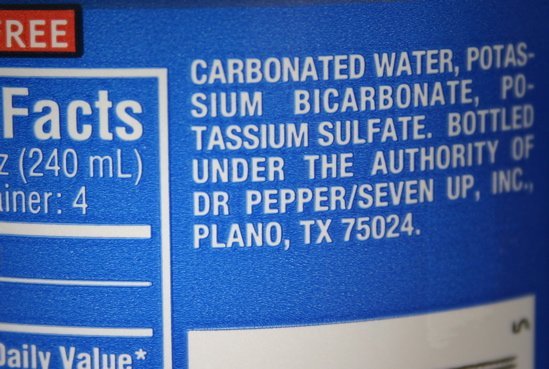I like club soda with lime.
When I take my tap water and carb it up, it doesn't taste like the commercial club sodas.
What can I add to RO water to make it taste like a commercial bottle of club soda?
@AnOldUR especially- I'm no engineer to hook it up with a float valve and the like, but even my non-engineering brain can put water + some additives into a keg and carb it up!
When I take my tap water and carb it up, it doesn't taste like the commercial club sodas.
What can I add to RO water to make it taste like a commercial bottle of club soda?
@AnOldUR especially- I'm no engineer to hook it up with a float valve and the like, but even my non-engineering brain can put water + some additives into a keg and carb it up!






![Craft A Brew - Safale S-04 Dry Yeast - Fermentis - English Ale Dry Yeast - For English and American Ales and Hard Apple Ciders - Ingredients for Home Brewing - Beer Making Supplies - [1 Pack]](https://m.media-amazon.com/images/I/41fVGNh6JfL._SL500_.jpg)





















































